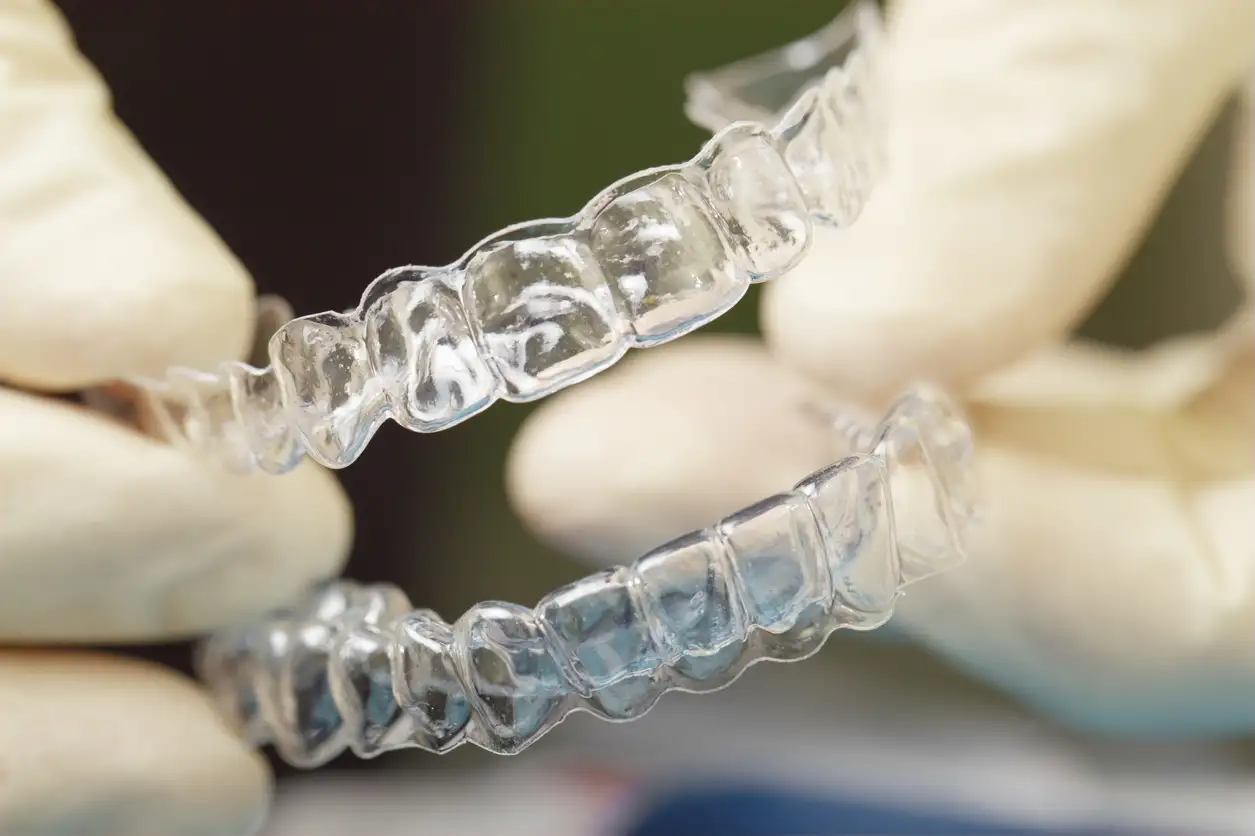Ultimate Guide to Finding Affordable Dental Splints and Their Benefits
Dental health is a crucial aspect of overall well-being, and sometimes, it requires more than just regular brushing and flossing. Dental splints and braces are two common orthodontic solutions that can significantly improve oral health and function. These devices serve different purposes but share the common goal of enhancing dental alignment and addressing various oral issues. Let's delve into the world of dental splints and braces to understand their benefits, applications, and how they work.

What Are Dental Splints and How Do They Protect Your Teeth?
Dental splints are custom-made devices designed to protect teeth from damage and support proper jaw alignment. These oral appliances can be rigid or flexible, depending on their intended use. They create a protective barrier between upper and lower teeth, preventing wear from grinding (bruxism) and reducing pressure on the temporomandibular joint (TMJ). Unlike invisible aligners, splints primarily focus on protection rather than teeth straightening.
How Do Dental Splints Work to Improve Oral Health?
Dental splints function by creating a balanced bite surface that distributes pressure evenly across your teeth. They work overnight or during specific periods to:
-
Reduce muscle tension in the jaw
-
Prevent tooth wear from grinding
-
Protect dental work and natural teeth
-
Allow proper healing after dental trauma
-
Support proper jaw positioning
What Are the Key Benefits of Using Dental Splints?
The advantages of dental splints extend beyond basic tooth protection:
-
Non-invasive treatment option
-
Immediate relief from jaw pain and headaches
-
Prevention of further tooth damage
-
Improved sleep quality
-
Cost-effective compared to treating damaged teeth
-
Customizable fit for maximum comfort
When Should You Choose Splints Over Invisible Aligners?
While both devices serve dental purposes, splints are particularly recommended when:
-
You primarily need protection from grinding
-
TMJ symptoms are present
-
Immediate jaw pain relief is required
-
Cost is a major consideration
-
Treatment focuses on prevention rather than alignment
How Do Dental Splint Providers and Costs Compare Worldwide?
The cost of dental splints varies significantly based on location and provider. Here’s a comparison of typical options:
| Provider Type | Average Cost Range (GBP) | Features |
|---|---|---|
| NHS Dentist | £45-£250 | Basic splints, longer wait times |
| Private Dental Clinic | £200-£500 | Custom-fit, quick service |
| Specialist TMJ Clinic | £400-£800 | Advanced materials, expert fitting |
| Online Custom Services | £150-£300 | Remote consultation, home delivery |
Prices, rates, or cost estimates mentioned in this article are based on the latest available information but may change over time. Independent research is advised before making financial decisions.
What Should You Consider When Selecting a Dental Splint Provider?
Key factors in choosing a provider include:
-
Professional qualifications and experience
-
Material quality and durability
-
Fitting process and adjustments
-
Warranty and follow-up care
-
Payment options and insurance coverage
-
Location and accessibility
When selecting a dental splint, consider both immediate and long-term costs, including potential replacements and adjustments. Many providers offer payment plans or financing options to make treatment more accessible. Regular maintenance and proper care can extend the life of your dental splint, making it a worthwhile investment in your oral health.
This article is for informational purposes only and should not be considered medical advice. Please consult a qualified healthcare professional for personalized guidance and treatment.




